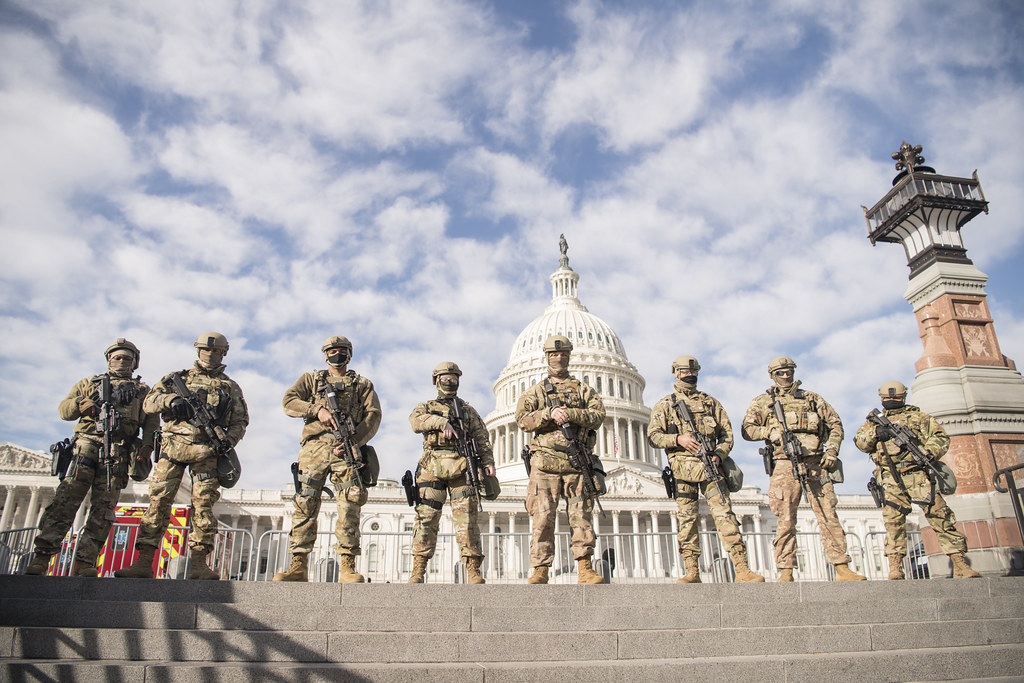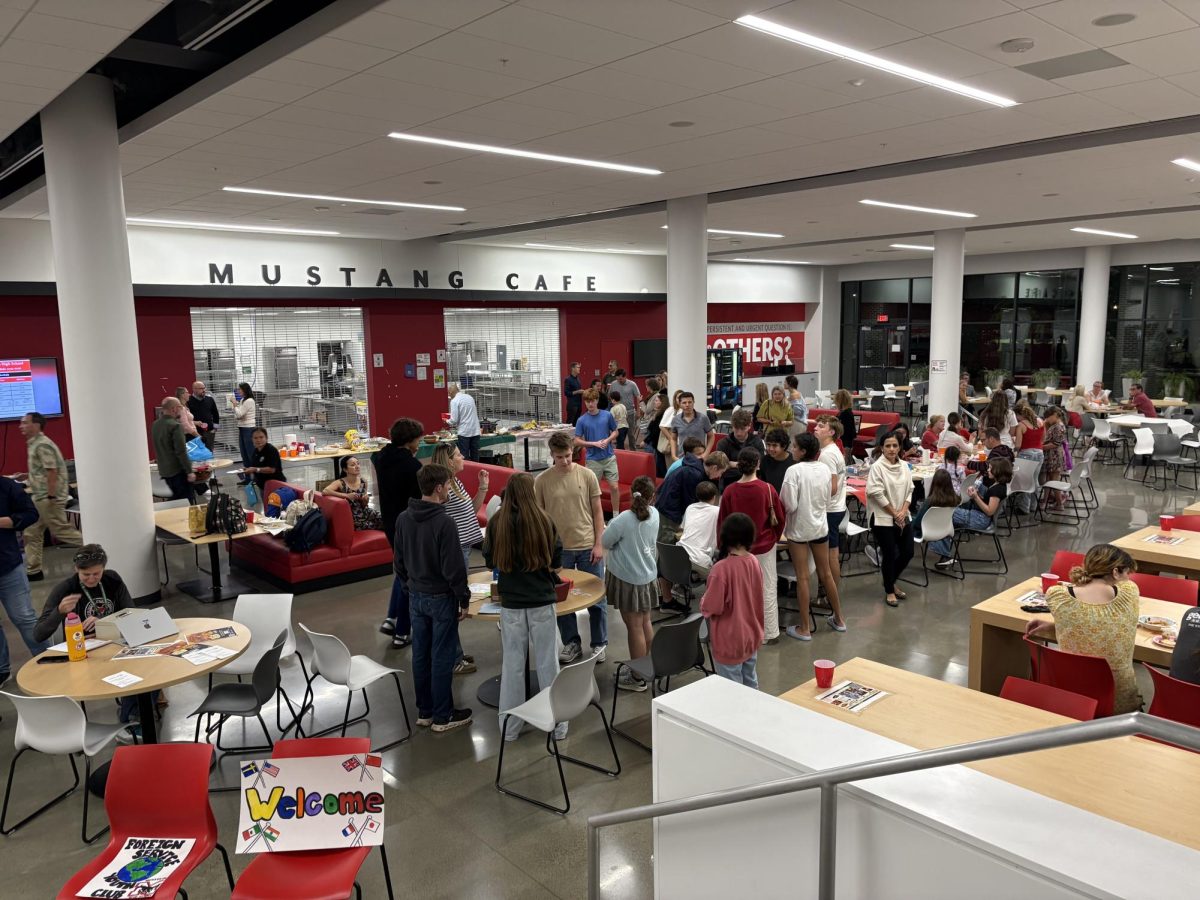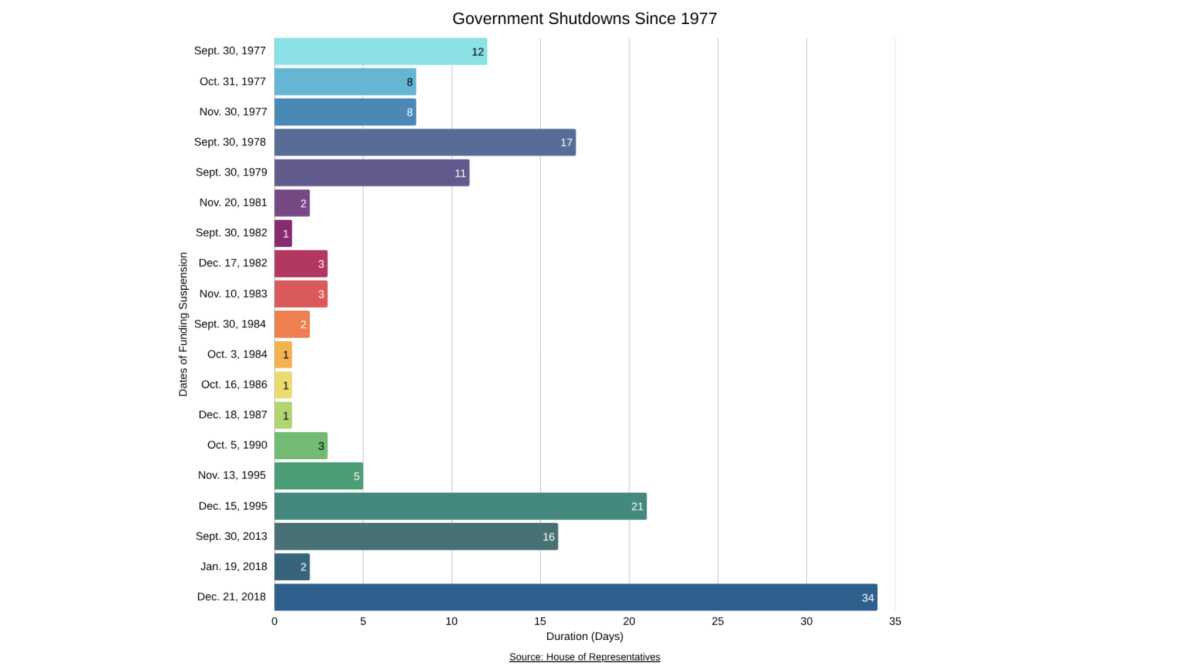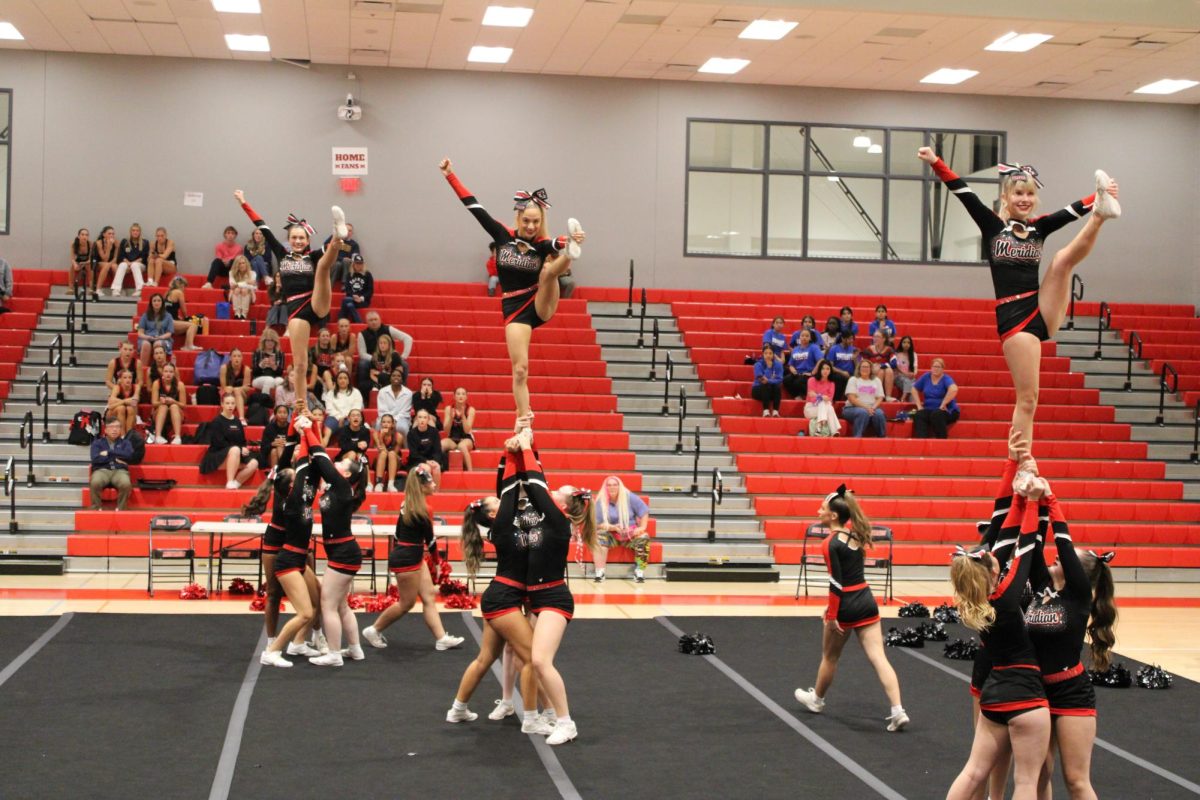30 days after it began, President Donald Trump’s emergency order taking control of the D.C. police force and sending in the National Guard expired on Sep. 10. This expiration marks the end of the government’s takeover of the District of Columbia’s police force, but the National Guard will remain in the city until Nov. 30.
The federal response took place after the assault of Edward Coristine, a key Department of Government Efficiency (DOGE) staffer in the early days of the administration. After the attack, President Trump took the opportunity to federalize the nation’s capital, something he has been angling for since the end of his previous term.
In the executive order authorizing the National Guard to enter the city, Trump stated “Rising violence in the capital now urgently endangers public servants, citizens, and tourists…and forces the diversion of critical public resources toward emergency response and security measures.”
The instating of the National Guard in DC was only the latest in a series of moves by President Trump to assert the power of the federal government. In early June, the Pentagon deployed over 4,000 National Guard troops into Los Angeles in order to quell the protests against federal immigration policies.
The move has received strong support from some. DC has one of the highest rates of violent crime in the United States, and as of Sept. 11, there has been a 27% decrease in the amount of violent crime.
“I feel safe,” said sophomore Parker Duval. “There could be a crime problem, and we should choose to address it.”
The US public seems to feel the same way, as Trump experienced a 5% increase in his approval ratings after he deployed the national guard. According to an Associated Press poll, 81% of Americans see crime in large cities as a major problem.
While a tough on crime approach may be working well for the president, there has still been a major backlash, as many see this as an overreach of federal power.
“I can’t help but feel as if people walking around with guns, regardless of their training, makes it less safe, especially when they’re enforcing things like a curfew. They are there to control,” said senior Camille Beaudry.
In addition, some students have been forced to change their own behaviors in order to avoid negative interactions with the National Guard.
“I personally avoid going there now…my cousin and her family have been yelled at a lot and tend to stay away from certain areas,” described senior Ainsley Gorman. “They are questioned about why they’re going places and are just generally not welcome in their own neighborhood.”
Claims that the presence of the National Guard has decreased the crime rate have also faced skepticism. The previous year, with no extra law enforcement, saw a 39% drop in homicides, according to PBS News. Meanwhile, some worry that government interference has larger negative implications.
“I think it’s a very scary time for democracy right now. ‘Life, liberty and the pursuit of happiness,’ that’s what our country is based on, and I don’t think that that is being upheld by sending troops into our streets without valid cause,” pointed out sophomore Janie Travers.
Many of these people are also advocating for protests against this perceived overreach.
“There’s some people in the office that overuse their power, and we, the people, need to step up and stop what they’re doing,” stated sophomore Ryan Flanagan.










